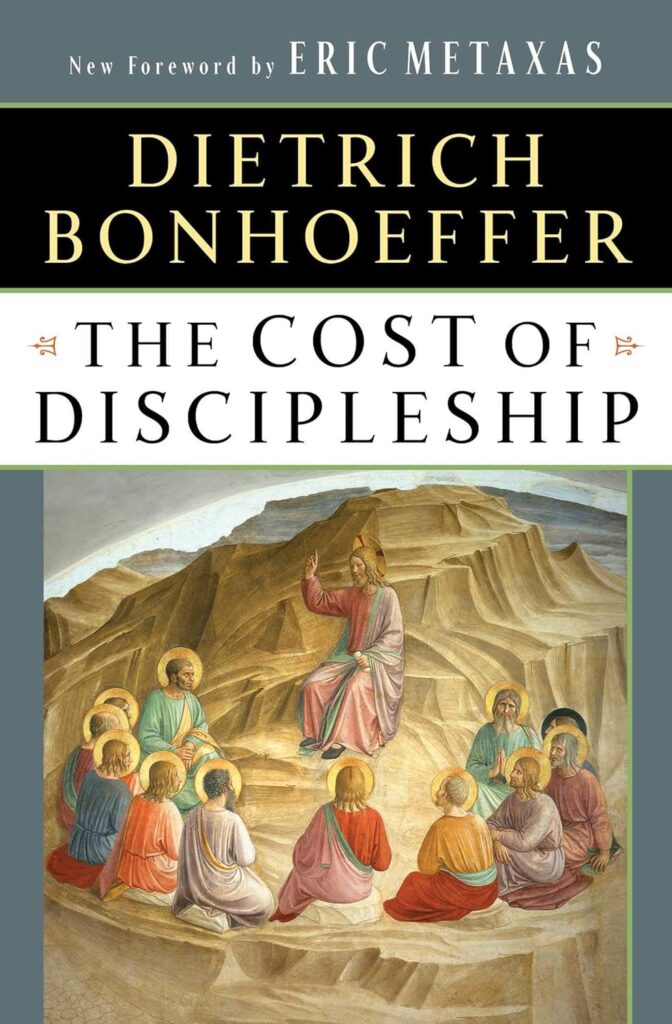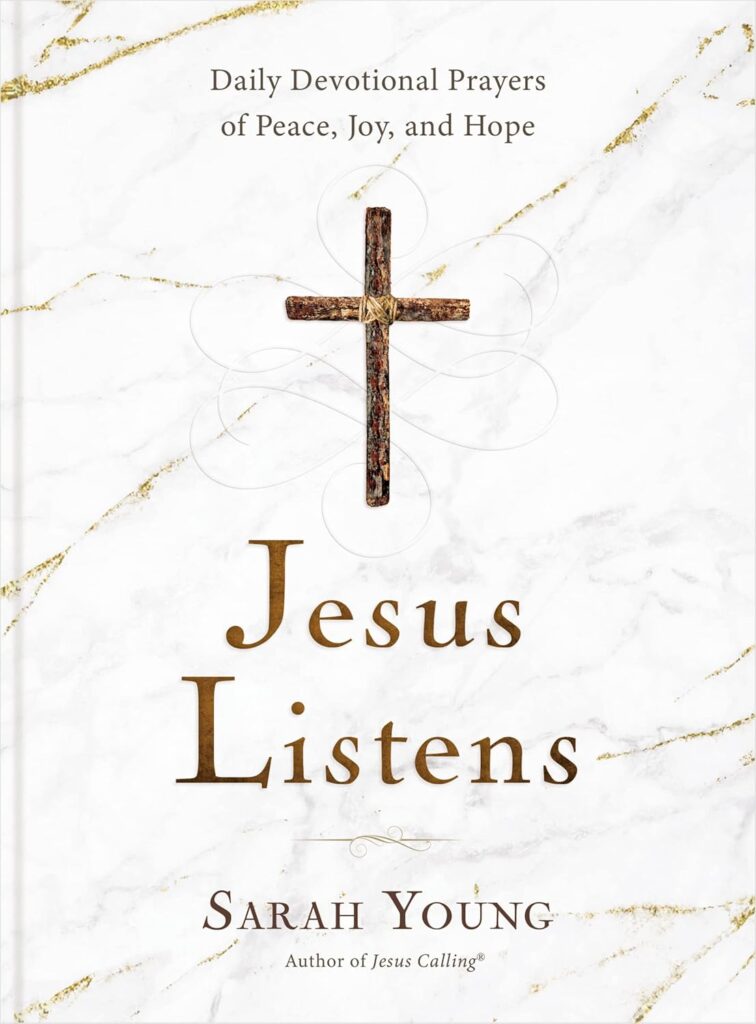Divorce in Christian doctrine often sparks debate. Notably, the question arises: what are the biblical grounds for divorce in the Bible? The New Testament provides guidance, but interpretations vary. Let’s explore what the scriptures say, focusing on adultery and other marital issues.
Current Divorce Statistics: A Reality Check
Current statistics highlight the prevalence of divorce today. According to the National Center for Health Statistics, the United States’s divorce rate is approximately 2.3 per 1,000 people.
The American Psychological Association reports that about 40-50% of married couples in the United States divorce, with the rate for subsequent marriages being even higher.
These numbers underscore the ongoing relevance and urgency of understanding biblical grounds for divorce in the Bible.
Exploring New Testament Teachings on Divorce
What the Bible Says About Divorce
The Bible takes a clear stance on divorce, especially in the New Testament. Traditional interpretations suggest that divorce and remarriage are not permitted while the spouse is still living.
This view references Matthew 5:32 and 19:9, often discussed in the context of biblical grounds for divorce in the Bible.
“Whoever divorces his wife, except for sexual immorality, and marries another, commits adultery” (Matthew 19:9).
Decoding the Meaning of “Porneia”
The Greek word “porneia,” used in Matthew, translates to “unchastity” or “immorality.” It most naturally means “fornication.”
This interpretation suggests that Jesus referred to premarital sexual sin. Thus, he didn’t address adultery as a reason for divorce. The example of Joseph and Mary illustrates this point.
Joseph considered divorcing Mary, believing she had been unfaithful before marriage. Jesus’ teaching in Matthew does not provide an exception for adultery within marriage.
“And her husband Joseph, being a just man and unwilling to put her to shame, resolved to divorce her quietly” (Matthew 1:19).
Jesus’ Perspective on Divorce and Adultery
Many believe Jesus’ teachings do not support divorce for adultery. This interpretation highlights that the New Testament does not offer an exception for adultery. It presents a challenging viewpoint, especially in modern contexts where divorce for infidelity is often accepted.
Christ and the Church: A Model for Marriage
The Husband’s Role: A Call to Unconditional Love
Ephesians 5 commands husbands to love their wives as Christ loves the church. This analogy is powerful. Despite its flaws and daily unfaithfulness, the church remains loved by Christ.
He does not abandon his bride. This principle suggests that a Christian husband should not divorce a wife who has committed adultery but is repentant.
“Husbands, love your wives, as Christ loved the church and gave himself up for her” (Ephesians 5:25).
Patience and Forgiveness in Marital Fidelity
Even if a wife is unrepentant, the guidance is to wait and pray. This teaching emphasizes the importance of patience and forgiveness in marriage.
The example of Christ’s love for the church is a model for handling marital difficulties, including infidelity.
Lessons on Marriage from the Old Testament
Insights from Geoffrey Bromiley’s Analysis
Geoffrey Bromiley’s book “God and Marriage” offers insights into the nature of marriage in the Old Testament. Bromiley points out that marriages among the patriarchs were often troubled and involved practices like polygamy.
Endurance and Commitment in Old Testament Marriages
Despite these issues, patriarchs did not commonly divorce. They endured their marital problems, highlighting a commitment to marriage regardless of the circumstances.
These examples provide a historical context for understanding biblical grounds for divorce in the Bible.
God’s Unfailing Commitment to His People
God’s relationship with His people serves as an analogy for marriage.
Despite separations, such as exile to Babylon, God never entirely abandons His people. Passages in Jeremiah and Hosea illustrate this commitment. Even in the face of unfaithfulness, God’s enduring love sends a powerful message for marriages today.
“Thus says the LORD: ‘Where is your mother’s certificate of divorce, with which I sent her away?’” (Isaiah 50:1).
Situations Where Divorce May Be Necessary
While the Bible emphasizes commitment and forgiveness, it also recognizes that some situations may necessitate divorce.
Ongoing abuse or severe neglect may require separation for the safety and well-being of individuals. In such situations, divorce becomes necessary to protect the health and dignity of those involved.
Applying Biblical Principles to Modern Marriages
Applying these biblical principles to modern marriages can be challenging. The teachings suggest a high standard of commitment and forgiveness.
Couples should endure and seek reconciliation, reflecting the biblical grounds for divorce in the Bible. Understanding these principles can provide a foundation for handling marital issues in a way that aligns with scriptural teachings.
Biblical Grounds for Divorce in the Bible: Further Study
For those seeking deeper understanding, several starting points can help:
Read Relevant Bible Passages:
Focus on crucial scriptures such as Matthew 5:32, Matthew 19:9, Ephesians 5:25-33, and passages from Jeremiah and Hosea. Reflect on their teachings and how they apply to marital issues.
Consult Scholarly Interpretations:
Books like Geoffrey Bromiley’s “God and Marriage” provide detailed analyses of biblical marriage principles. Other scholarly works and commentaries can offer additional perspectives and insights.
Seek Pastoral Guidance:
Talking to a pastor or a trusted spiritual advisor can help address personal marital issues. They can offer biblical counsel and support, ensuring actions align with scriptural principles.
Join a Bible Study Group:
Engaging with others in a study group can provide a supportive environment for exploring these issues. Group discussions can enhance understanding and offer different viewpoints.
Explore Christian Counseling:
Professional counseling with a Christian counselor can help navigate complex marital challenges. They can integrate biblical principles with practical advice for dealing with marital difficulties.
What do you think? Feel free to share your thoughts and experiences in the comment section below.

















10 Full Christian Movies You Can Watch for FREE (Right Now!)
2.8K views